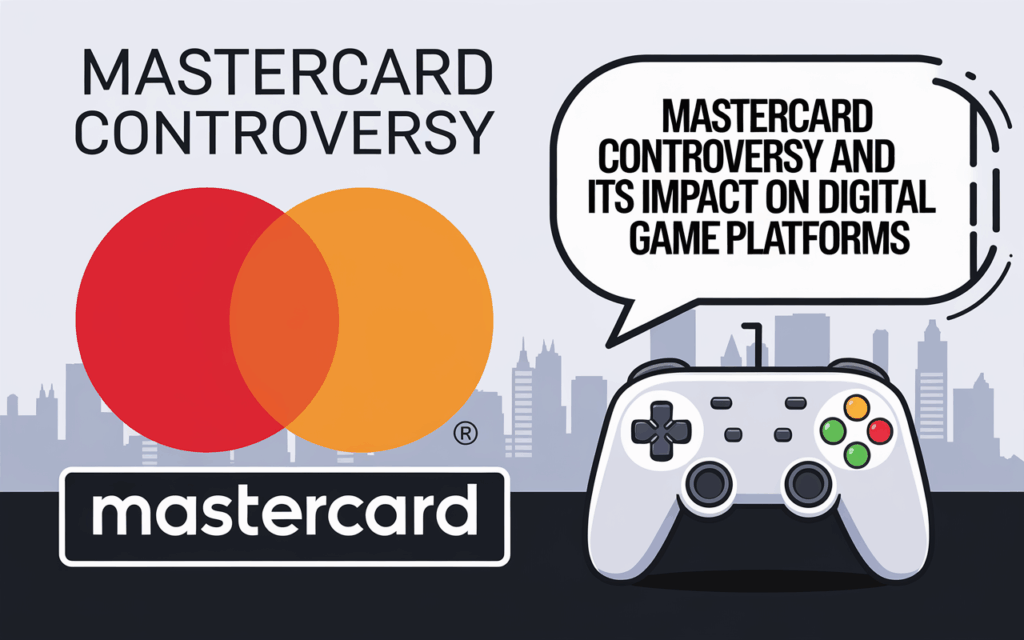Mastercard Denies Pressure on Game Platforms Amid Controversy 🎮💳
In a world where the digital gaming landscape constantly evolves, the recent tensions between payment processors and game platforms have sparked intense discussions. Mastercard found itself at the center of a controversy over claims that it pressured platforms like Valve and Itch.io to restrict adult content in their game offerings. 🚨
Mastercard's Stance 📢
On August 3, 2025, Mastercard issued a statement refuting claims that it had enforced restrictions on games or pressured any platforms. According to the company, “Mastercard has not evaluated any game or required restrictions of any activity on game creator sites and platforms,” asserting that they only require merchants to implement controls to prevent unlawful purchases, including illegal adult content. This statement came in light of a significant backlash from advocacy groups, such as Collective Shout, that criticized payment processors for allowing the sale of controversial games depicting extreme violence and sexual abuse. 😠
Valve’s Counterpoint 🔄
However, Valve, the parent company of Steam, provided a different narrative. In their response to the media, Valve claimed that while Mastercard didn’t communicate directly with them, their payment processors conveyed concerns about the potential “risk to the Mastercard brand” based on a Mastercard rule against "illegal or brand-damaging transactions." This disconnect raises questions about the influence of payment processors on the types of content that can be sold on popular gaming platforms. 🤔
The Impact on Gaming Platforms and Developers 💔
The fallout from this controversy has led to immediate repercussions in the gaming industry. Notably, Steam announced restrictions on games violating the guidelines of their payment processors, reflecting a broader crackdown on adult content. Simultaneously, Itch.io announced it would remove adult content from its features as it continues to negotiate with payment processors like Stripe, which also stated they’re unable to support sexually explicit content due to their banking partners’ policies.
This creates a challenging landscape for game developers, especially those producing titles that explore adult themes artistically or critically. The potential loss of platforms to distribute such games could stifle creativity and limit the diversity of narratives in the gaming industry.
Conclusion: Balancing Act ⚖️
As discussions continue, the balance between maintaining a safe gaming environment and allowing creative freedom will undeniably pose challenges for both payment processors and gaming platforms alike. It’s essential for stakeholders to navigate these waters carefully, ensuring that the creative integrity of gaming is preserved, while also adhering to legal standards and societal expectations.
The coming months will surely reveal how this situation unfolds and whether Mastercard, Valve, and other parties involved can find common ground. If you’re a gamer, developer, or simply a fan of the industry, it’s a narrative worth watching! 👀
What are your thoughts on this controversy? Should payment processors have such influence over content in the gaming industry? Let us know in the comments below! 💬
Hashtags:
#GamingIndustry #MastercardControversy

More Stories
Meta’s AR Ambitions and AI Safety: Insights from the Equity Podcast
Insight Partners Data Breach: A Wake-Up Call for Cybersecurity Awareness
Lovable’s Ascendancy: Anton Osika at TechCrunch Disrupt 2025